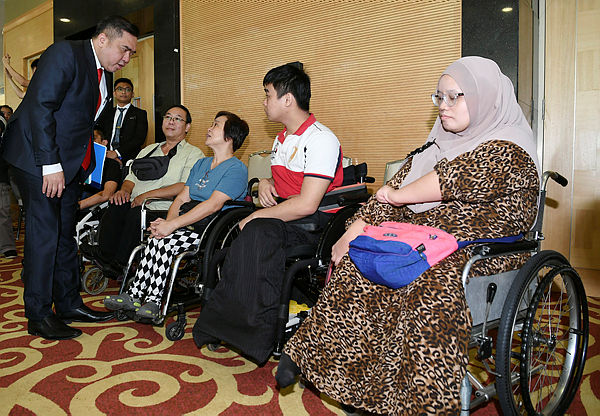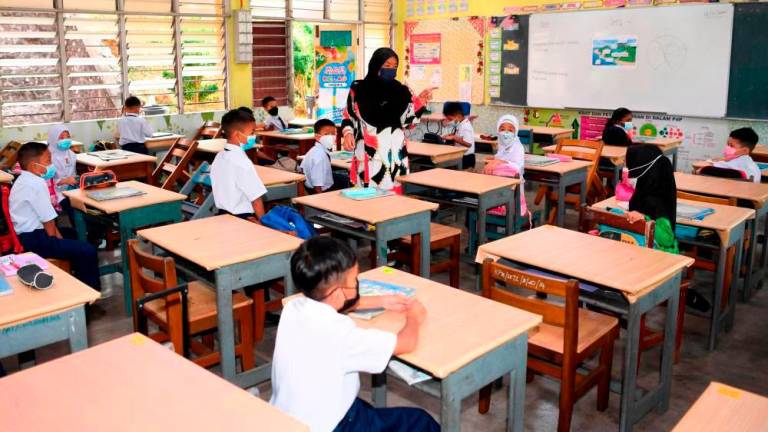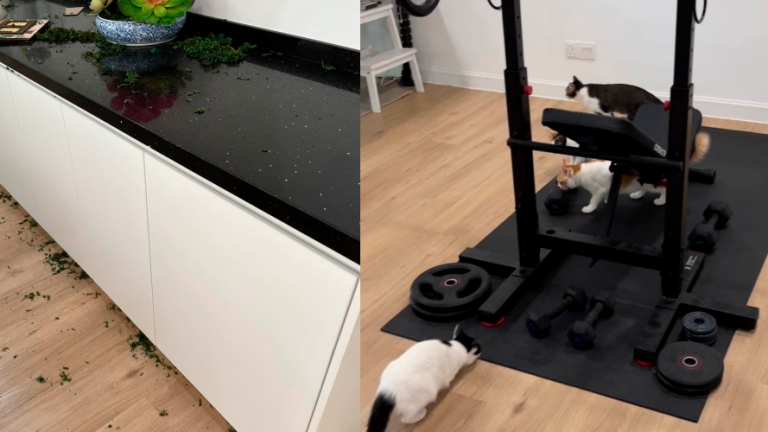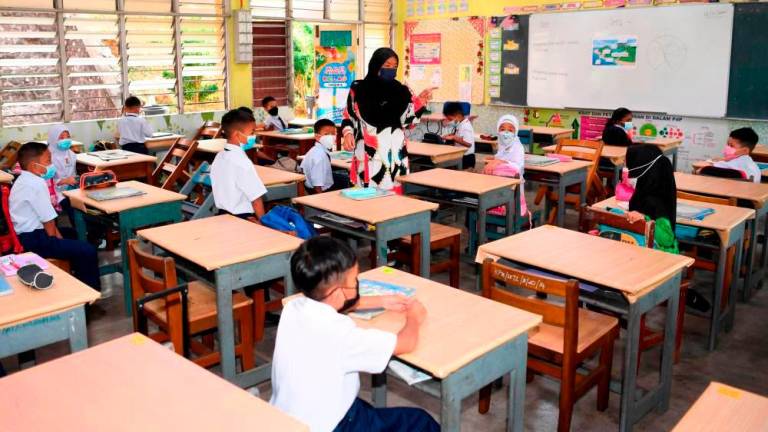PUTRAJAYA: The attendance of e-hailing drivers with special needs (OKU) at a Public Service Vehicle (PSV) licensing test today was very encouraging, with 256 out of 367 registered drivers turning up.
Announcing this, Transport Minister Anthony Loke Siew Fook said the test was conducted by the Road Transport Department (JPJ) in batches, at the multipurpose hall at the ministry premises here.
Loke said an estimated 100 special needs drivers did not attend today’s test, and if this was because they were located outstation, the ministry would look at how it could assist them logistically. Records of e-hailing service providers indicate that there are 367 drivers with special needs.
JPJ will announce the test results and issue licences within the next five days, the minister told reporters after launching the PSV licensing programme for special needs drivers today. The programme comprises a medical examination, online training and the PSV test.
Loke was reported to have said that from July this year, all e-hailing service drivers would be required to attend a course and obtain a PSV licence like their taxi driver counterparts.
He had explained that the requirement was part of the government’s efforts to regulate the e-hailing service industry and to put in place a level playing field for both e-hailing drivers and taxi drivers. Loke had also said that the RM320 cost per person for the PSV licensing process for special needs e-hailing drivers was to be borne by e-hailing service providers such as Grab, MyCar, Dacsee and EZcab, as part of their social responsibility.
On a related matter, the minister today refuted claims by the Grab Drivers Malaysia Association that the test for the vocational licence (PSV-Taxi/E-hailing) had seen a very high failure rate.
According to information received, the majority of candidates had passed the test, Loke said, explaining that his team would provide more details at a forthcoming press conference.
He added that the ministry was in the process of allowing e-hailing service providers to operate within the existing legal framework and this included simplifying relevant procedures for the benefit of e-hailing drivers with special needs. — Bernama















